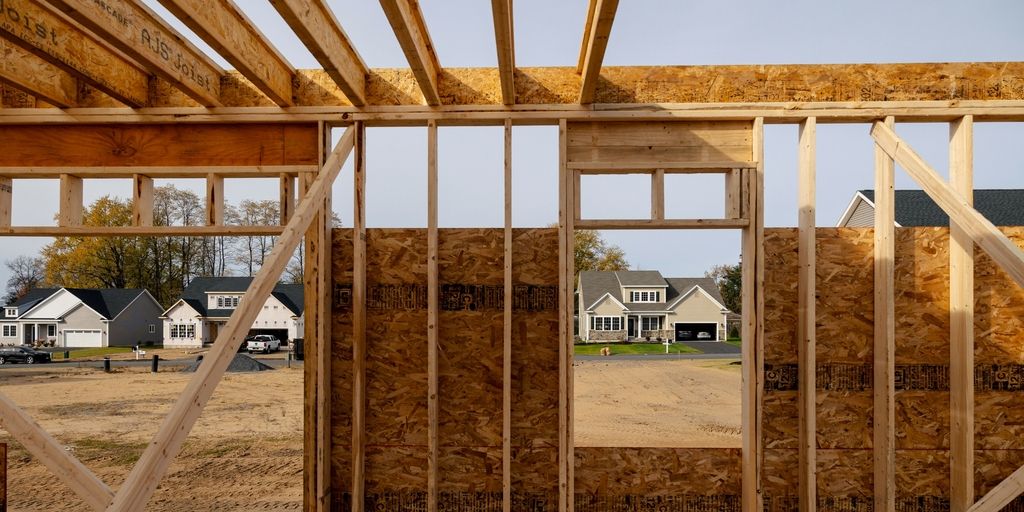Parking reform
House Bill 6095, introduced by Neeley, would prohibit a local zoning ordinance from requiring more than 1.5 parking spaces per dwelling unit for a residential use of property. The number of parking spots mandated by the bill was included to be a “good partner” to some local governments who requested it, Grant said during Tuesday’s committee hearing, “but actually the standard is becoming much lower around the country … (and) the preface is we should not put parking ahead of someone having a roof over their head.”
Ann Arbor, for instance, in 2022 eliminated all parking minimums, according to news radio station WEMU. Now a developer can decide how much parking they may or may not need for their project.
The parking situation in downtown Detroit has become a flashpoint, as well. A 2023 report found that around 30% of the city’s central business district is dedicated to parking, among the highest in the nation.

